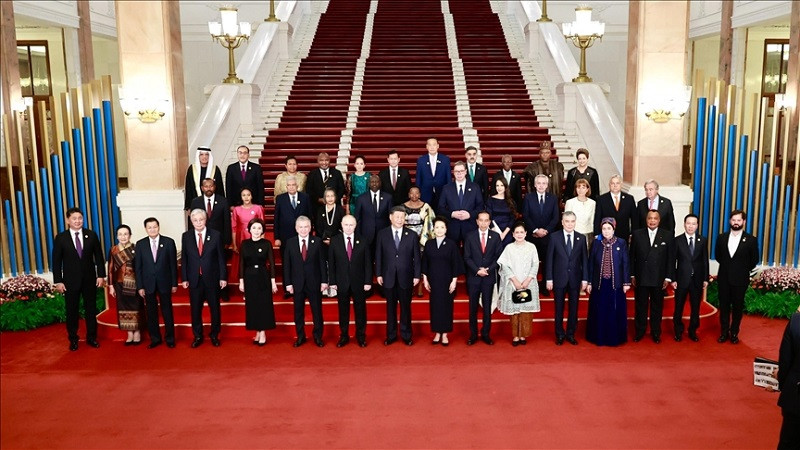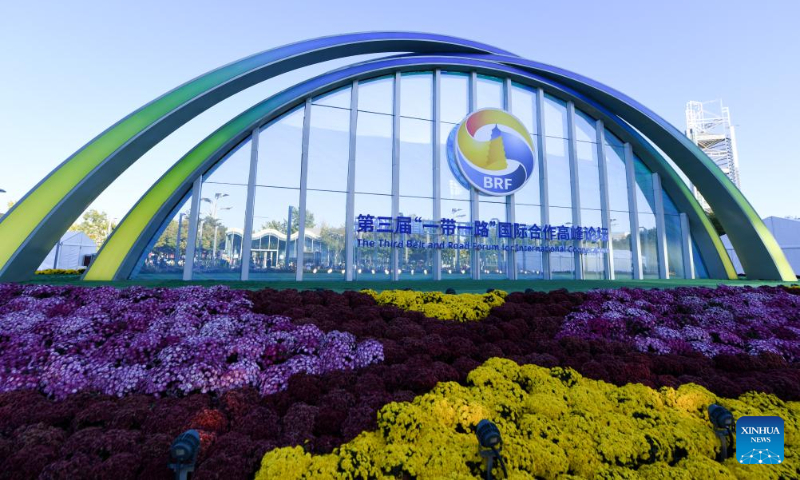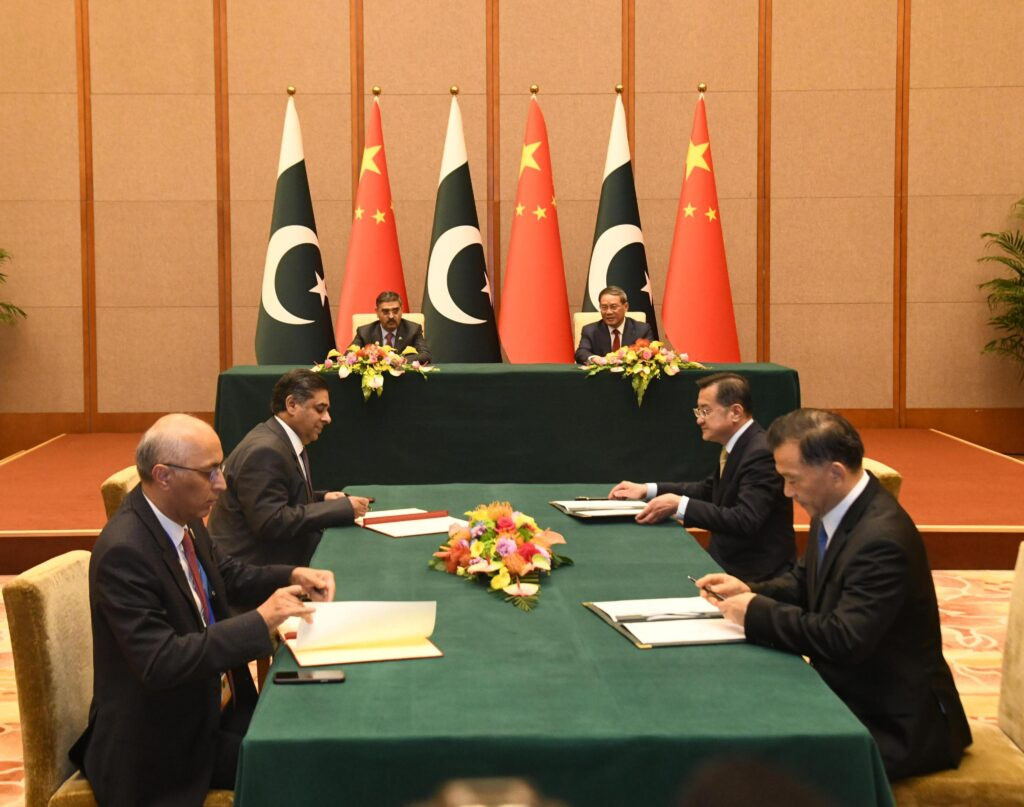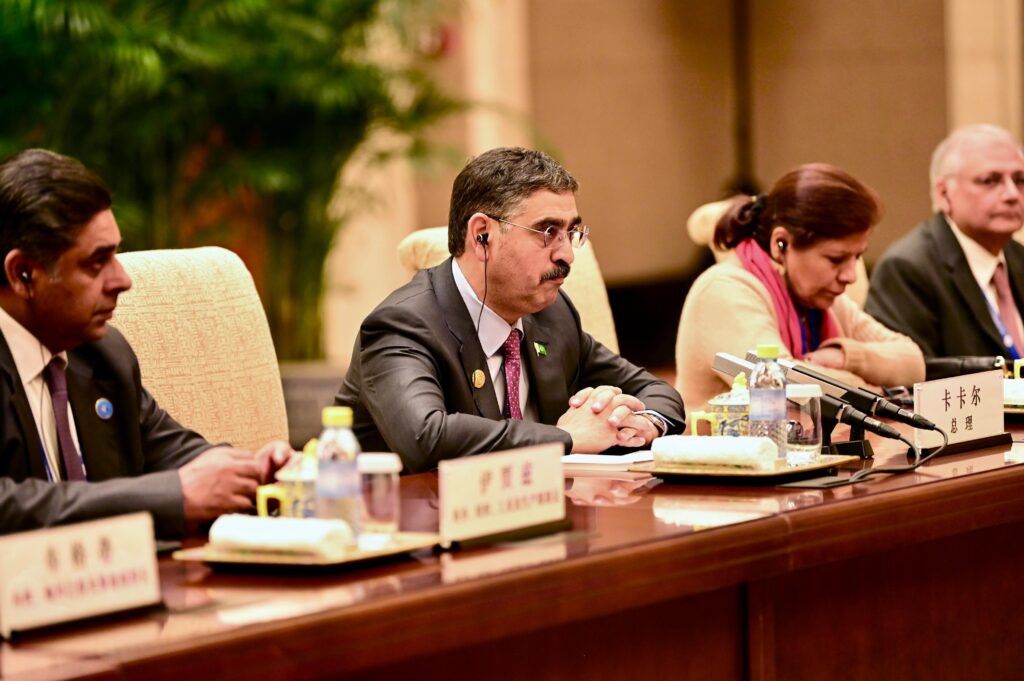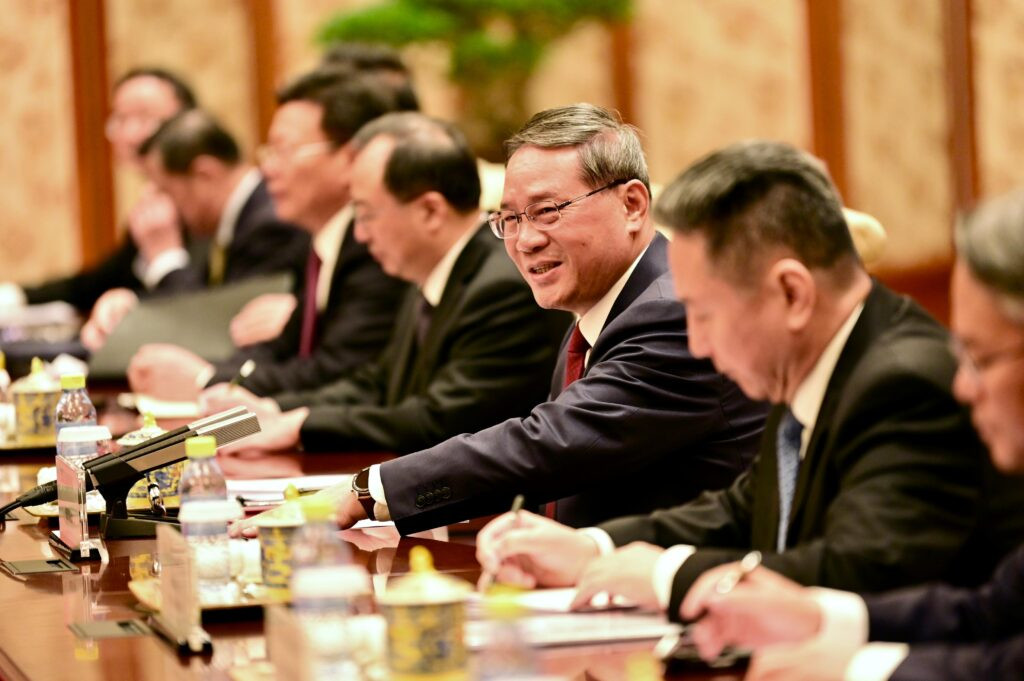ghazi52
PDF THINK TANK: ANALYST

- Joined
- Mar 21, 2007
- Messages
- 102,004
- Reaction score
- 106
- Country
- Location
.,.,.,
October 4, 2023
ISLAMABAD: Pakistan and China are likely to sign over two dozen pacts at the third Belt and Road Forum (BRF) on October 17-18, 2023 in Beijing, to be attended by the caretaker Prime Minister, Anwaar-ul-Haq Kakar, well informed sources in Ministry of Planning, Development and Special Initiatives told Business Recorder.
According to Chinese embassy, National Development and Reform Commission of China (NDRC) has proposed to sign MoUs with relevant authorities in Pakistan during caretaker Prime Minister Anwaar-ul-Haq Kakar’s visit to China to attend the forum covering eight areas: Urban Sustainable Development, major Issues of the Belt and Road Cooperation Mineral Development and Industrial Cooperation, Research of the Routes for Industrial Cooperation, Expert Exchange Mechanism, Expert Communication Mechanism on Gwadar port Development, Green and Low-carbon Development, and Digital Economy Cooperation.
Meanwhile, Pakistan’s Mission in Beijing has shared a list of 19 MoUs which are expected to be signed/ announced during the visit of caretaker Prime Minister.
Sharing details on Main Railway Line-1 of Ministry of Railways, the sources said, Pakistan has revised the scope of the project and its associated financial study has not been finalised by the Pakistan side. Addendum to the Framework Agreement ML-1 project firming up design and scope can be signed at the 3rd BRF.
On Karachi Circular Railway (KCR), a project of Economic Affairs Division, the sources said, revised feasibility study on KCR has been shared with the Chinese side. Pakistani side is keen on signing the Framework Agreement at the 3rd BRF.
Talking about realignment of KKH (Thakot-Raikot), a project of Ministry of Communication, the sources said that the project has remained under discussion at JWG-TI. Construction of dams alongside KKH has submerged portion of the KKH. The situation necessitates an announcement of this project at the 3rd BRF.
Ministry of Communications has shared MoUs with the Ministry of Transport of China on the feasibility study of D I Khan- Zhob Road Project, and feasibility study of Mirpur-Muzaffarabad-Mansehra road, the feasibility study of Babusar tunnel and feasibility study of Karachi-Hyderabad Motorway (M-9).
These projects were discussed at the 10th JWG-TI on September 26, 2023. Pakistan is keen on signing the MoU at the 3rd BRF.
MoU on Advanced Metering Infrastructure (AMI) - Power Division: It has been approved by the Cabinet and shared with National Energy Administration of China. Pakistan is keen on signing the MoU at the 3rd BRF.
Power Division is also interested in signing the MoU on identification of potential sites for pump-storage hydropower project.
China has shared draft MoU on development of renewable energy projects in Pakistan on September 26, 2023. Pakistan is reviewing the proposal.
1320-MW Thar Block-1(Shanghai) - Power Division: There is announcement of financial closure from financial institutions. All formalities from the Pakistani side have already been completed. Response from the Chinese side is awaited. Pakistan side is keen on announcing the project at the 3rd BRF.
On 300-MW coal project Gwadar, the source said, there is announcement of financial closure from financial institutions. All formalities from the Pakistan side have already been completed. Both sides made substantive progress.
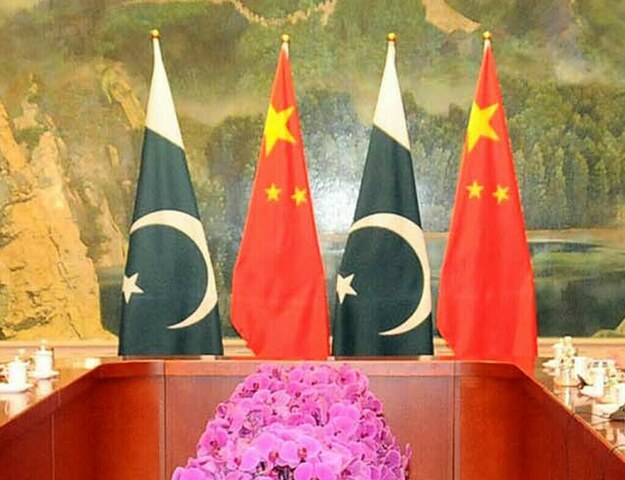
3rd Belt and Road Forum: Over 2 dozen pacts likely to be signed
- National Development and Reform Commission of China has proposed to sign MoUs during caretaker PM's visit to Beijing
October 4, 2023
ISLAMABAD: Pakistan and China are likely to sign over two dozen pacts at the third Belt and Road Forum (BRF) on October 17-18, 2023 in Beijing, to be attended by the caretaker Prime Minister, Anwaar-ul-Haq Kakar, well informed sources in Ministry of Planning, Development and Special Initiatives told Business Recorder.
According to Chinese embassy, National Development and Reform Commission of China (NDRC) has proposed to sign MoUs with relevant authorities in Pakistan during caretaker Prime Minister Anwaar-ul-Haq Kakar’s visit to China to attend the forum covering eight areas: Urban Sustainable Development, major Issues of the Belt and Road Cooperation Mineral Development and Industrial Cooperation, Research of the Routes for Industrial Cooperation, Expert Exchange Mechanism, Expert Communication Mechanism on Gwadar port Development, Green and Low-carbon Development, and Digital Economy Cooperation.
Meanwhile, Pakistan’s Mission in Beijing has shared a list of 19 MoUs which are expected to be signed/ announced during the visit of caretaker Prime Minister.
Sharing details on Main Railway Line-1 of Ministry of Railways, the sources said, Pakistan has revised the scope of the project and its associated financial study has not been finalised by the Pakistan side. Addendum to the Framework Agreement ML-1 project firming up design and scope can be signed at the 3rd BRF.
On Karachi Circular Railway (KCR), a project of Economic Affairs Division, the sources said, revised feasibility study on KCR has been shared with the Chinese side. Pakistani side is keen on signing the Framework Agreement at the 3rd BRF.
Talking about realignment of KKH (Thakot-Raikot), a project of Ministry of Communication, the sources said that the project has remained under discussion at JWG-TI. Construction of dams alongside KKH has submerged portion of the KKH. The situation necessitates an announcement of this project at the 3rd BRF.
Ministry of Communications has shared MoUs with the Ministry of Transport of China on the feasibility study of D I Khan- Zhob Road Project, and feasibility study of Mirpur-Muzaffarabad-Mansehra road, the feasibility study of Babusar tunnel and feasibility study of Karachi-Hyderabad Motorway (M-9).
These projects were discussed at the 10th JWG-TI on September 26, 2023. Pakistan is keen on signing the MoU at the 3rd BRF.
MoU on Advanced Metering Infrastructure (AMI) - Power Division: It has been approved by the Cabinet and shared with National Energy Administration of China. Pakistan is keen on signing the MoU at the 3rd BRF.
Power Division is also interested in signing the MoU on identification of potential sites for pump-storage hydropower project.
China has shared draft MoU on development of renewable energy projects in Pakistan on September 26, 2023. Pakistan is reviewing the proposal.
1320-MW Thar Block-1(Shanghai) - Power Division: There is announcement of financial closure from financial institutions. All formalities from the Pakistani side have already been completed. Response from the Chinese side is awaited. Pakistan side is keen on announcing the project at the 3rd BRF.
On 300-MW coal project Gwadar, the source said, there is announcement of financial closure from financial institutions. All formalities from the Pakistan side have already been completed. Both sides made substantive progress.

3rd Belt and Road Forum: Over 2 dozen pacts likely to be signed
National Development and Reform Commission of China has proposed to sign MoUs during caretaker PM's visit to Beijing
www.brecorder.com


